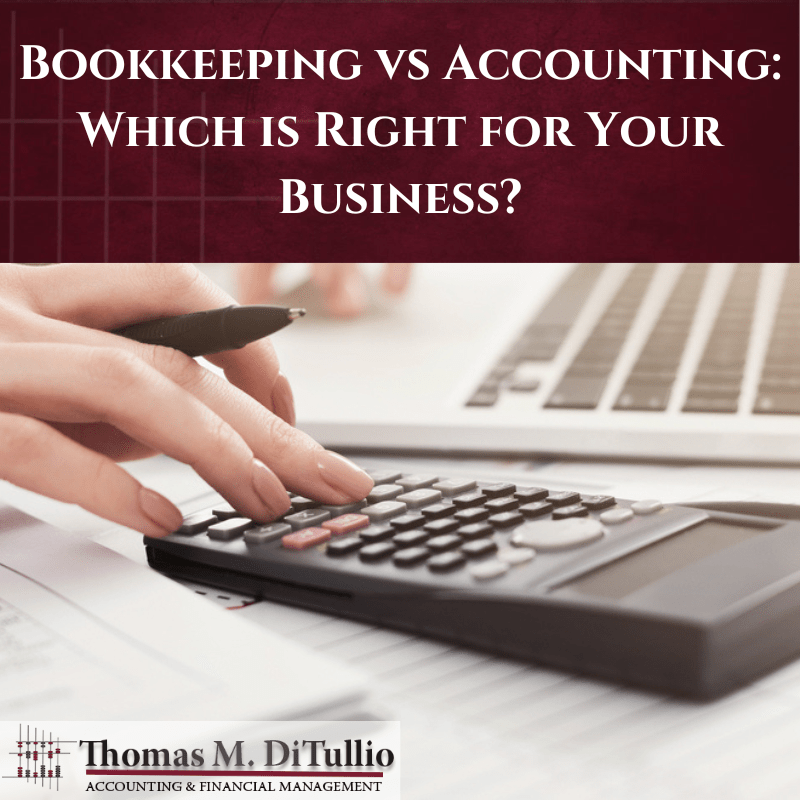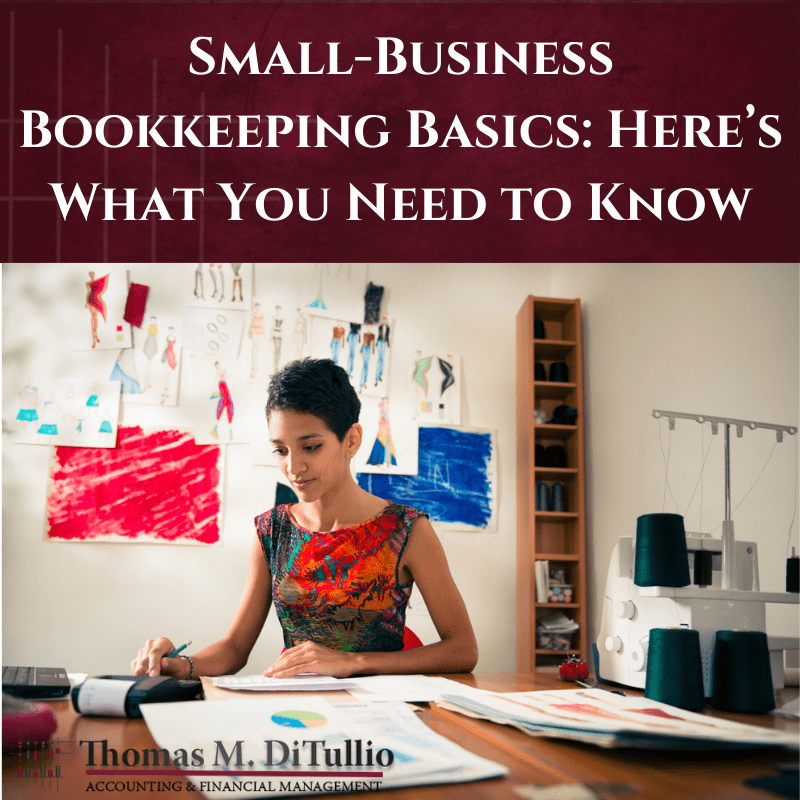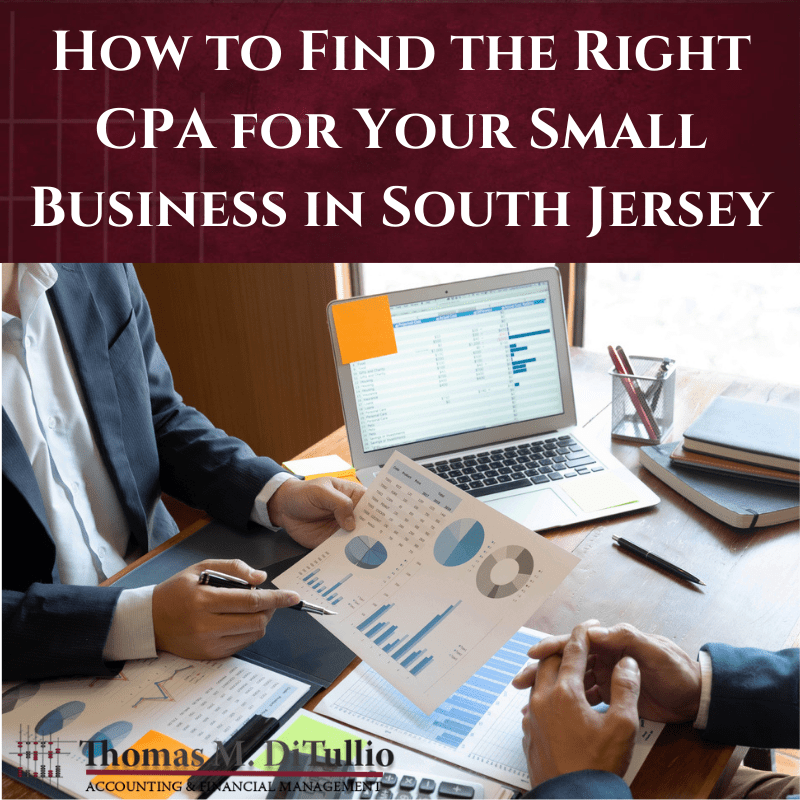Bookkeeping vs Accounting: Which is Right for Your Business?
Is there a difference between bookkeeping and accounting? If you have a small business, you know it can be challenging to keep an accurate record of your financial information. There are key differences in the roles that an accountant and a bookkeeper play for your business. You can better view your financial health, prepare for the future, and get a handle on those day-to-day finances with help from these professionals. Here is what you need to know about bookkeeping and accounting for your business.
Bookkeeping and Accounting Differences
Bookkeepers and accountants have different roles. While they have a common goal and similar tasks, these skill sets are used for various purposes. Take a look at these differences.
A bookkeeper will help to answer your day-to-day financial questions. These professionals can produce financial statements, such as a balance sheet. A bookkeeper will balance your ledger, record daily transactions, maintain expenditures and income records, and enter your credits and debits.
An accountant works a little differently. These professionals will analyze your business costs, provide macro-financial advice, and adjust the ledger entries. An accountant also prepares your taxes and helps you with in-depth budgeting. Plus, you can get assistance with strategic planning. Sometimes, you don’t have to find a separate bookkeeper or accountant. Some small business accounting services will handle all of these tasks for your company.
Maintaining Your Books
You should find a reliable bookkeeper if you need someone to manage the books. These individuals will maintain a ledger. Mostly, they use a software program to track those finances and ensure the books stay balanced. They record every transaction to an account for your expenses and income. You will want a reliable bookkeeper when you need a day-to-day picture of your financial health. When your books are maintained daily or weekly, you will never have to pay “catch up” when it comes time for taxes.
When it comes to your ledger, your accountant usually determines the accounting method, whether it is the cash basis or accrual method. The accountant will use these books to assess your business and help you make plans. All that information on the ledger will assist your accountant in preparing your tax documents.
Offering Business Advice
You can count on your accountant and bookkeeper to be key advisors for your business. When your bookkeeper works on your ledger, they can detect potential red flags if any issues arise. Since a bookkeeper has a more micro view of your books, they can help provide advice about budgeting and spending for the short term.
On the other hand, your accountant is an invaluable resource when it comes time to understand your larger financial picture. Every quarter, your accountant assesses your company’s financial statements to understand your profit, losses, and cash flow. Additionally, they can provide you with updates about the potential financial issues with your business. An accountant helps you understand how certain decisions will affect your financial goals.
Creating a Financial Strategy
When you have accurate records, you can see how your money flows on a short-term basis. With that information, you can decide where to take your business in the future. While the bookkeeper works hard to strengthen your company’s foundation, you need an accountant’s help with those future plans.
A skilled accountant will help you scale and plan for the future. They will analyze the books to see what works or needs to change. In most cases, they can help your business move into the next phase of your plans. Accountants can assist with other tasks, such as strategic tax planning, calculating growth, analyzing investments, and acquiring assets.
Bookkeeper vs. Accountant: Which Is the Right Choice for You?
If you want someone to handle the day-to-day finances of your business, choose an experienced bookkeeper. Accurate record-keeping is an essential aspect of your business. With help from a trusted bookkeeper, you can make that process more manageable and straightforward.
When you need to have a big picture outlook and assistance with strategic planning, an accountant can help. For example, if you want to acquire real estate, an accountant can incorporate your ideas and analyze your finances so that you can make the right choice for your business.
All businesses need to keep track of their expenses, transactions, and income. Do not think that you have to choose one professional over the other. These professionals can work together to give you a better overview of your short-term financial health and long-term financial goals. Some accounting services can handle all these responsibilities so that you can get the best of both worlds.
The Bottom Line
Every business owner needs to understand the financial side of their company. Bookkeepers and accountants can help make the process easier when it comes to your records. These professionals will work together to help with your finances.
You will want an experienced bookkeeper to set up your books and maintain them for your business. A skilled accountant understands your business beyond those day-to-day activities so that you can make smarter financial decisions. A bookkeeper and accountant can set up your business for success, allowing you more free time to focus on other matters.
Need an Accountant for My Small Business?
At TMD Accounting, we helped small businesses plan for the future and manage those day-to-day financial duties. We are a flexible, affordable, and reliable option in the area. Whether you need help with tax preparation or payroll, our team will assist your business. Schedule a consultation by calling 1-856-228-2205.





